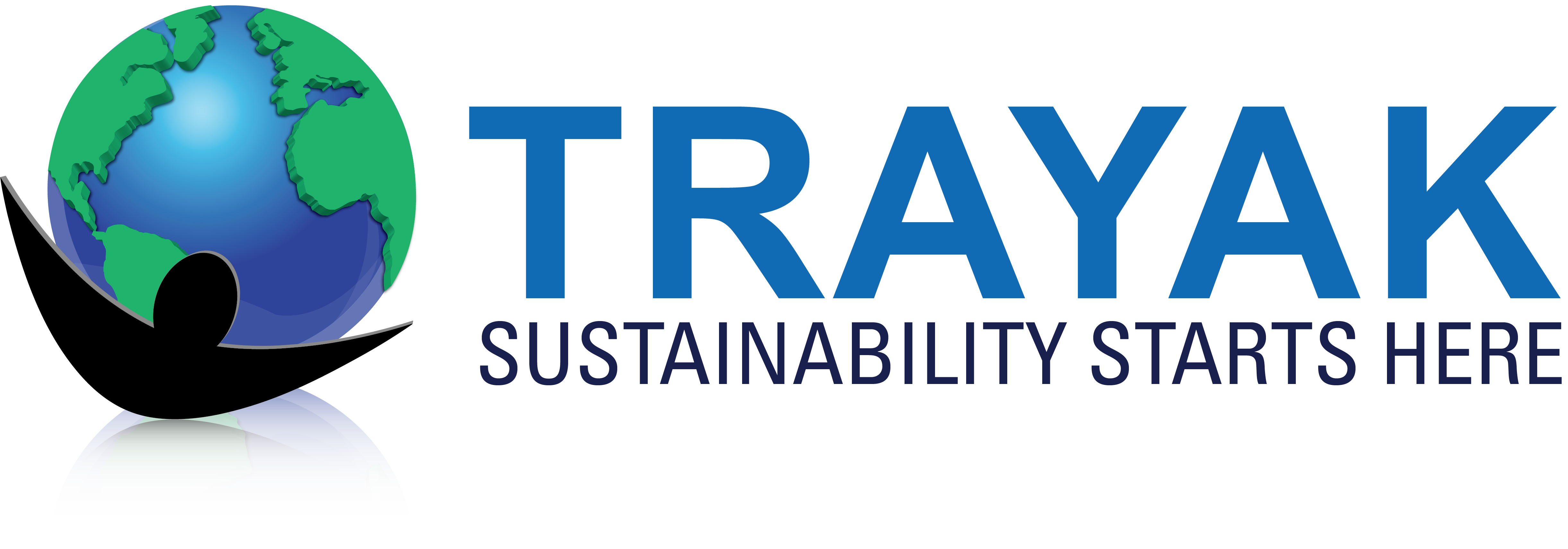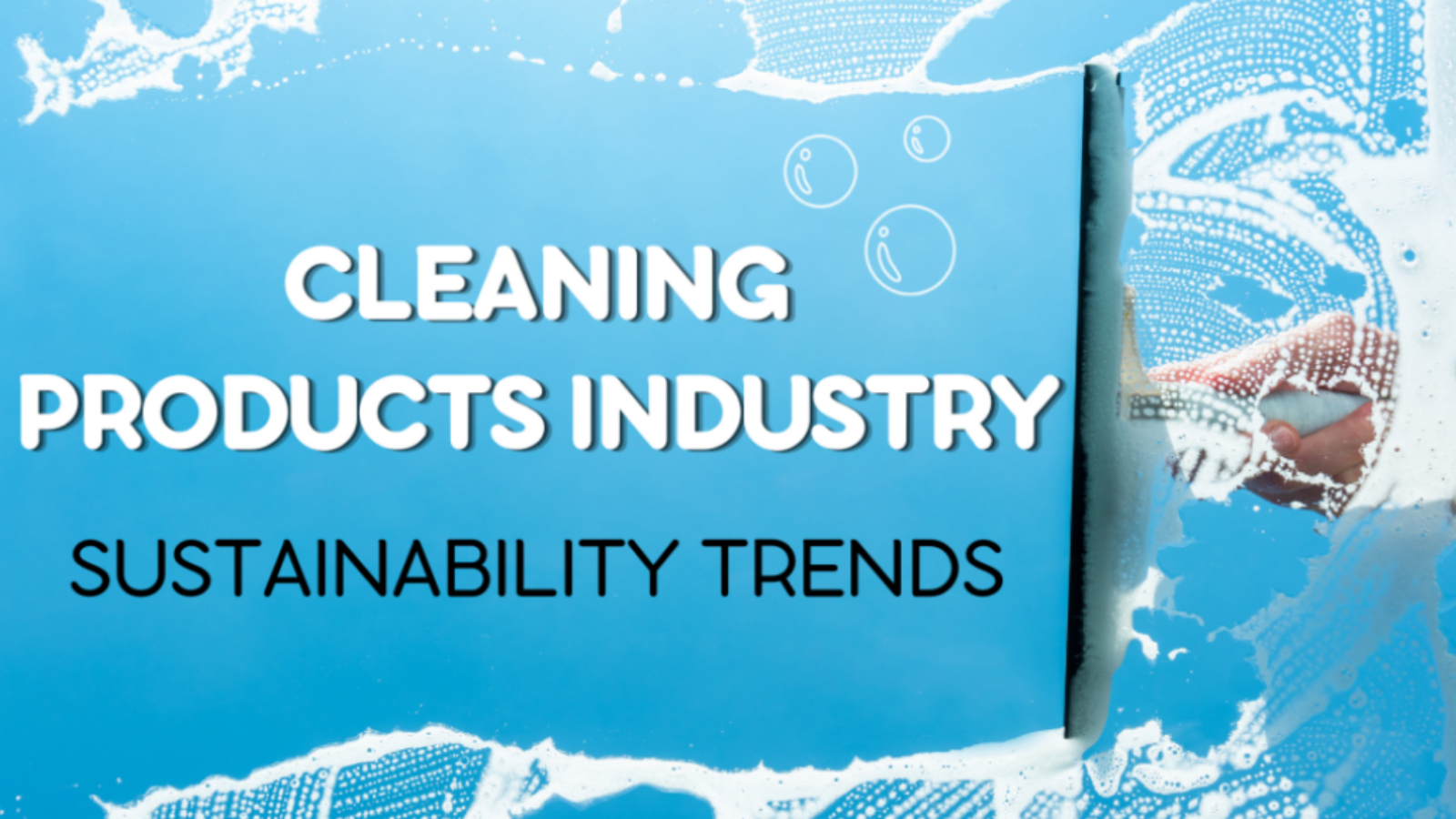According to GreenPrint’s 2022 Business of Sustainability Index, 75% of respondents are concerned about a product’s environmental impact, and 69% noted that it is an important factor in their purchasing decision. New research found that consumers increasingly view environmentally sustainable products to be just as effective, if not more so, as the traditional versions. With more and more environmentally conscious consumers, many industries are implementing sustainability practices and designs that reduce their environmental footprint.
Sustainability Trends for Household Products
The American Cleaning Industry (ACI) is taking strides to eliminate waste, reduce water and energy use, and improve packaging circularity. The ACI consists of over 140 cleaning product producers, ingredient suppliers, and finished packaging suppliers. The ACI has an industry commitment that 100% of cleaning product packaging will be recyclable or reusable by 2025.
Eight ACI members have teamed with Loop to improve their packaging circularity by enabling refillable versions of their current single-use products. For instance, in select retailers, shoppers can purchase Clorox cleaning products in reusable packaging with a small, refundable deposit. Once the product is used up, the customer then returns the container to the retailer to receive the deposit refund.
Sustainability trends among cleaning products include concentrated cleaning solutions and tablets instead of large bottles or spray containers, switching from rigid containers to flexible bags and pouches, and reducing energy consumed during the product’s use.
Concentrated Cleaning Solutions and Tablets
Since many traditional cleaning products are diluted with water before they reach the consumer, some producers are switching to concentrated solutions and tablets to reduce their environmental impact. Concentrated cleaning solutions and tablets can reduce the amount of single-use plastic bottles and sprays needing to be manufactured, transported, and disposed of. Their smaller size and reduced weight may also lessen environmental impacts during transportation like greenhouse gas emissions.
Refill
The Clorox Company released its Multi-Purpose Refillable Cleaner to reduce plastic waste. The 16-ounce refillable bottle comes with a concentrated refill. Once the bottle is empty, fill it up with water and pour in the concentrate. The bottle can be refilled up to 30 times – greatly reducing the number of spray bottles thrown away after one use. The refillable bottle is designed to be uniform in size and dosing to make the concentrated refill interchangeable.
Plastic-Free
Etee offers cleaning concentrates in backyard compostable pods made from plant-based materials including beeswax, tree resin, and essential oils. Sold in groups of three, six, or nine, the pods are available for dish soap, hand soap, all-purpose cleaners, window cleaners, and floor cleaners. One pod provides roughly 13 ounces of final cleaning product.
Grove Co. offers cleaning concentrates and glass spray bottles. Simply fill the 16-ounce bottle with water and add the cleaning concentrate. The spray bottles come with a silicon sleeve that allows you to label your bottle between multi, glass, tub & tile, shower, and floor. This allows the same bottle to be used for one type of cleaner and another for its next refill.
Non-Liquids
Blueland offers a variety of cleaning tablets and powders. Their cleaning products include dishwasher, laundry, and toilet bowl cleaning tablets, and laundry and dish soap powders, among others. Free of plastic wrapping, Blueland’s laundry, dishwasher, and toilet bowl cleaning tablets arrive packaged in a paper pouch within a paperboard box. It’s recommended to store them in their refillable tin-coated steel containers to prevent humidity damage. The tins themselves can hold 60 tablets (the number of tablets that comes in one pouch) and are smaller than typical plastic tubs for dishwasher pods. Blueland also offers silicone shakers for their dish soap powder.
Flexible Packaging
Many companies throughout industries are switching from rigid to flexible packaging, and so are cleaning product producers. Compared to rigid packaging, flexible pouches and bags tend to weigh less and are easier to transport from the manufacturer to the retailer.
Target’s Everspring brand offers soap refills in flexible pouches which extends the life of their pump soap dispensers. One refill pouch fills the pump dispenser three times, minimizing waste compared to single refills.
Reducing consumer use phase
Companies are also working to reduce the amount of energy and water consumed during the use of their product by adjusting the product formula. For example, one study found that laundry detergent effective in a cold water cycle reduces energy use by ninety percent by not having to heat water. Traditional laundry detergents contain stain-fighting enzymes activated by warm temperatures. New laundry detergent technology contains enzymes that best fight stains in cold temperatures so that consumers get the same clean laundry result from a cold wash cycle.
For Tide laundry detergent, over two-thirds of the product’s greenhouse gas emissions are a result of the consumer use phase, with the bulk of the impact coming from heating water for the wash cycle. By reformulating each Tide laundry detergent product to effectively clean in cold water, Tide hopes that 75% of North American laundry loads will use cold water by 2030. This would have an effect equivalent to reducing greenhouse gas emissions by 27 metric tons!
Conclusion
Both consumers and the environment benefit as cleaning product manufacturers continue to improve their sustainability and environmental impacts without compromising quality of clean. The combination of current trends like cleaning concentrates, flexible packaging, and reducing impacts during the product’s use will go a long way to progress the industry and help the environment.
Trayak has been helping leading brands of all sizes make data-driven sustainability decisions for over 10 years. If you would like to learn more about our tools and services please contact us.


Add a Comment
You must be logged in to post a comment